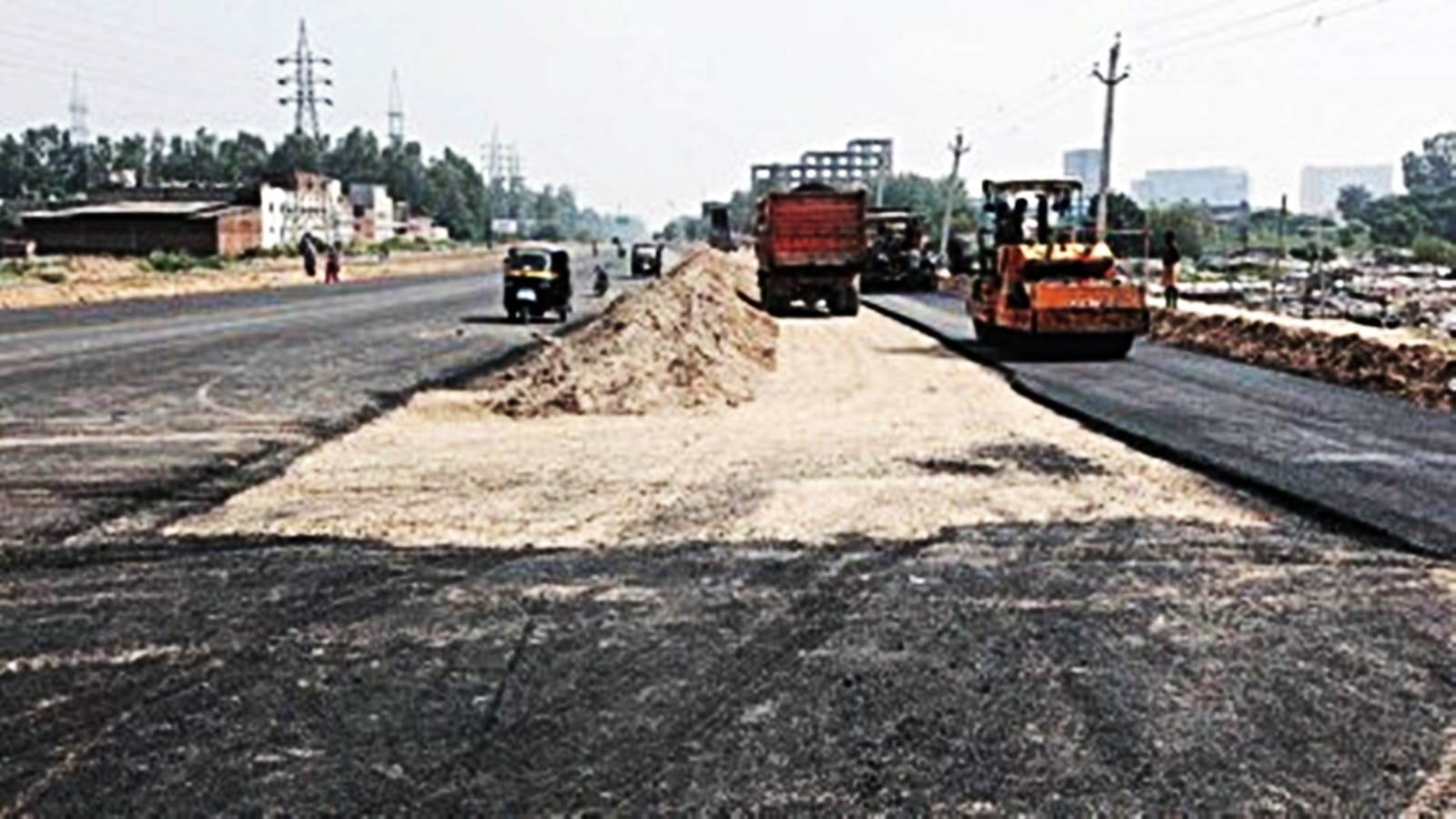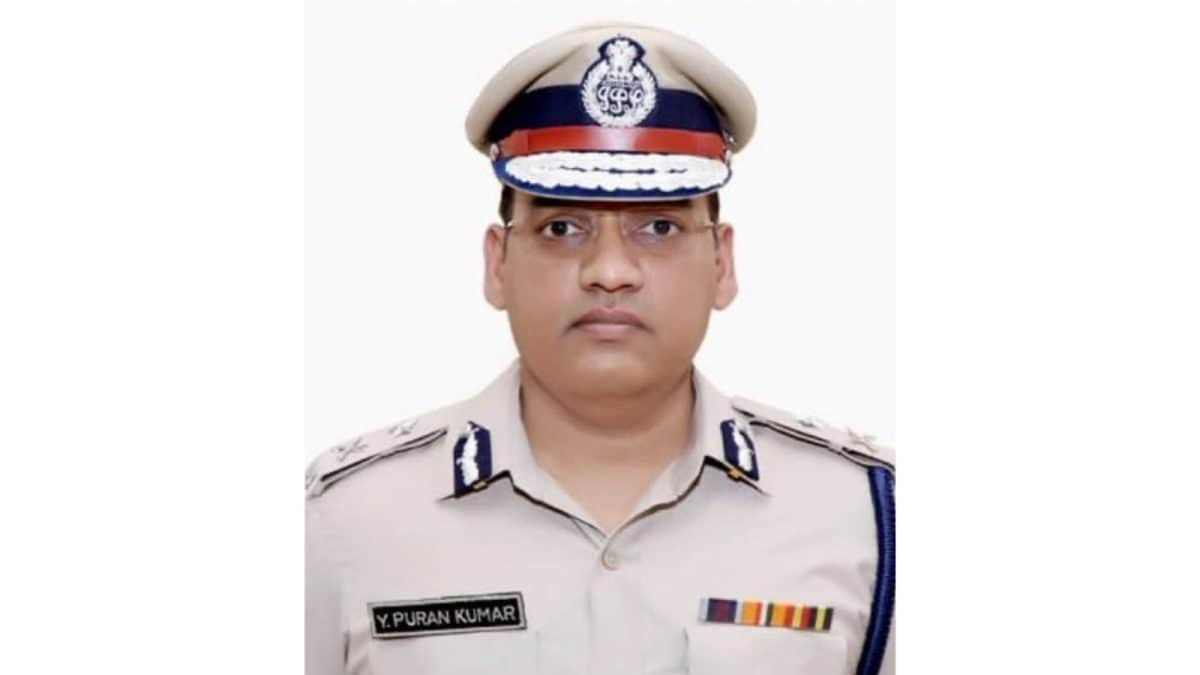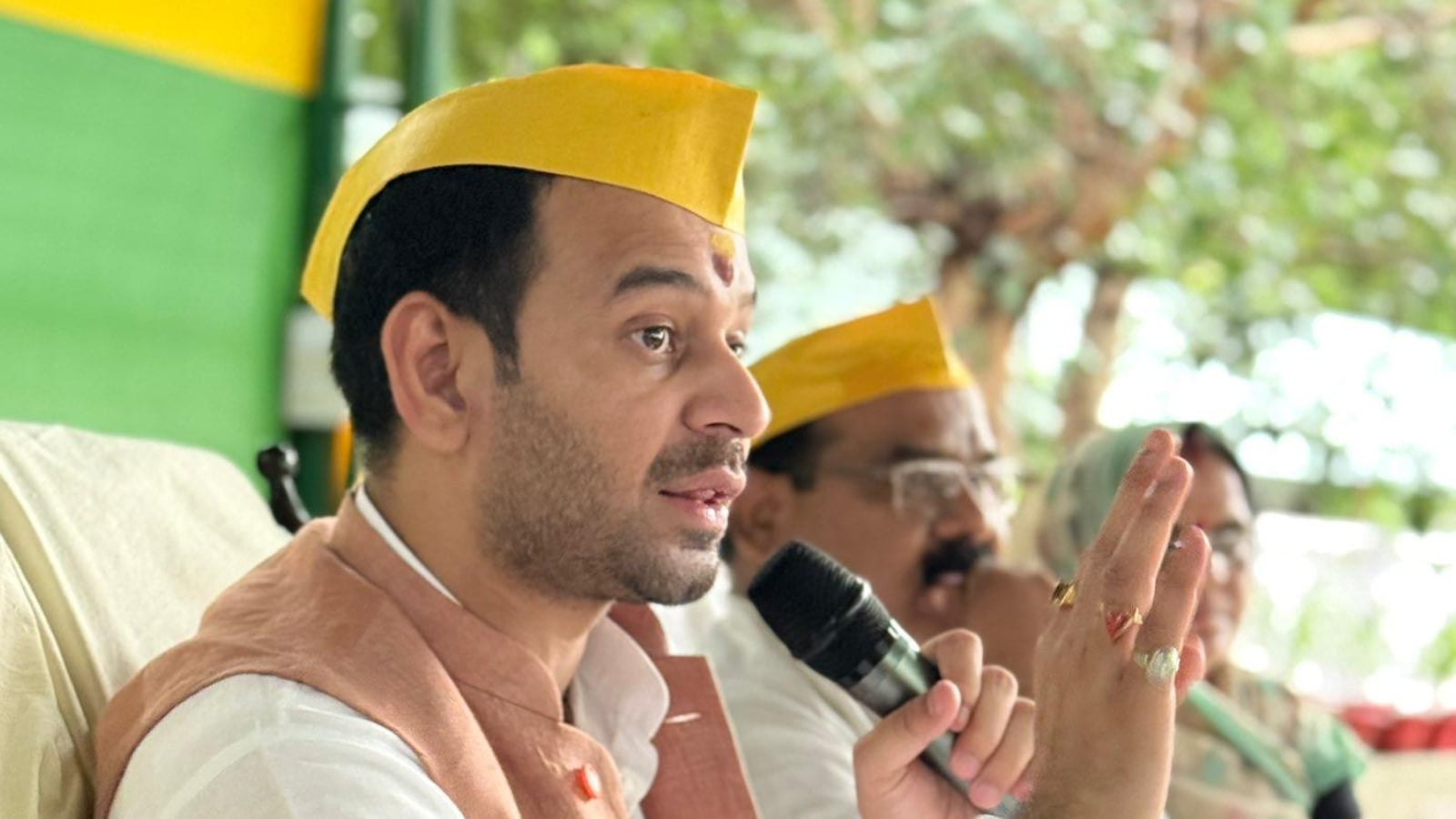“India is endowed with about 95 major and minor minerals, and while we are among the top five in the world for minerals like bauxite, chromite, and iron ore, we are yet to establish a footprint in critical minerals crucial for future technologies,” said S. Subramanian, Emeritus Professor, Indian Institute of Science.
Prof Subramanian in his keynote address at Critical Mineral Summit held here on Monday (October 13, 2025) said, IISc has successfully translated basic research around critical minerals into industry-scale solutions such as the demonstration bioreactor for bioprocessing gold, enhancing gold and silver recoveries from 40% to over 90% — a testament to the power of indigenous innovation and collaboration with industry partners.
Also read: Critical minerals supply secure, says Mining Secretary
Speaking on the occasion, Prof Satyam Suwas, Dean, Mechanical Sciences, IISc, said Indian Institute of Science (IISc) has strong roots in minerals and extractive metallurgy over the past century, and the institute would now work with the Ministry of Mines and ANRF (Anusandhan National Research Foundation) to deliver critical projects needed for the Critical Minerals Mission.
IISc has a legacy and continues to work on critical minerals technology, and it has developed 57 flow-sheets for different minerals and developed pilots over the last century, he said while speaking at the Critical Mineral Summit at IISc here on Monday.
“Prof. Brahm Prakash’s work on hafnium–zirconium separation by chlorination from Indian beach sands is one of the unique programs that strengthened India’s atomic energy programs,’‘ Prof Suwas said. (Prof. Prakash developed a pyrochemical method for separating hafnium from zirconium using a “vapour phase dechlorination” technique).
Omprakash Subbarao, CEO, Foundation for Science Innovation and Development (FSID) CORE, a single window access to deep science and deep tech within IISc said, IISc would like to embark on the journey of critical minerals with a strong emphasis on translational research, leveraging deep expertise of IISc in foundational science and engineering.

“We would work in tandem with industry to accomplish the goals of the national missions,’‘ Mr. Subbarao said.
Earlier speaking on the occasion, Piyush Goyal, Secretary, Ministry of Mines said, IISc was positioned to be a key player in advancing India’s critical minerals processing technologies and building human capital for the sector.
Mr Goyal also emphasised IISc’s potential inclusion as a Centre of Excellence within the National Critical Minerals Mission, acknowledging initial administrative hurdles but committing to resolve them swiftly.
“IISc’s strengths lie in developing TRL 6-9 technologies for refining lithium, cobalt, nickel, and rare earths. The institute is expected to lead process optimization, pilot plant development, and industrial validation in partnership with DSUs and industry,” Mr. Goyal said.
According to him, IISc will also train the next generation of material scientists and engineers, building a strong talent pipeline for critical minerals. It would also coordinate R&D networks across IITs, CSIR labs, CMET, NFTC, and NSQ partners under the NCMM to foster collaborative innovation and promote circular economy research, he said.
“IISc’s leadership reaffirmed its commitment to collaborate on national priorities, especially in critical minerals and metallurgical processing, promising full administrative cooperation to overcome procedural barriers and enable seamless partnerships with government initiatives.’‘ he further said.
Goyal also said plans were underway for a focused meeting in Bangalore in December for IISc to demonstrate progress and deepen collaboration with the Ministry of Mines.
.png)
 3 hours ago
10
3 hours ago
10








 English (US) ·
English (US) ·